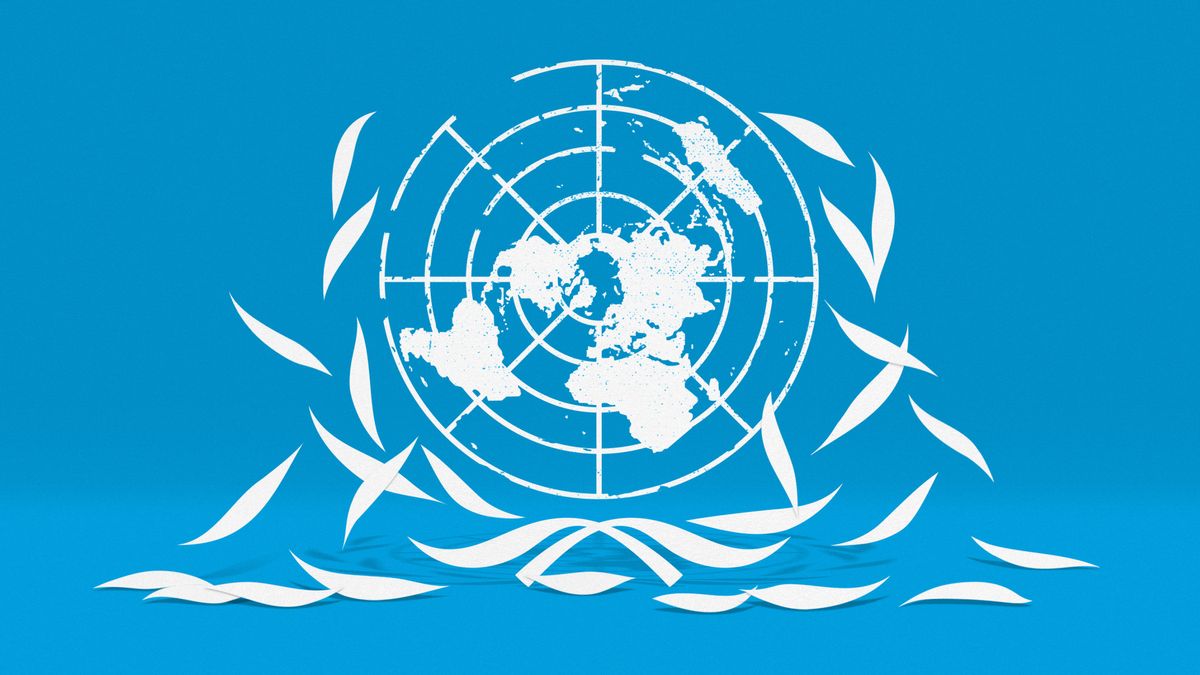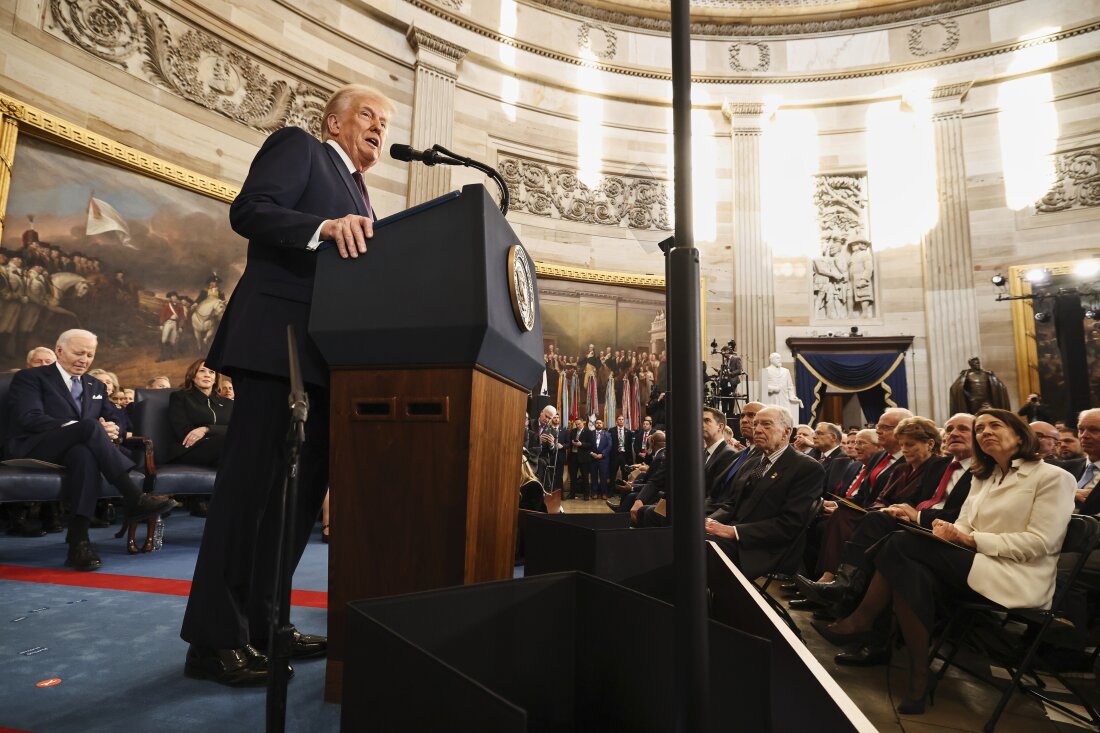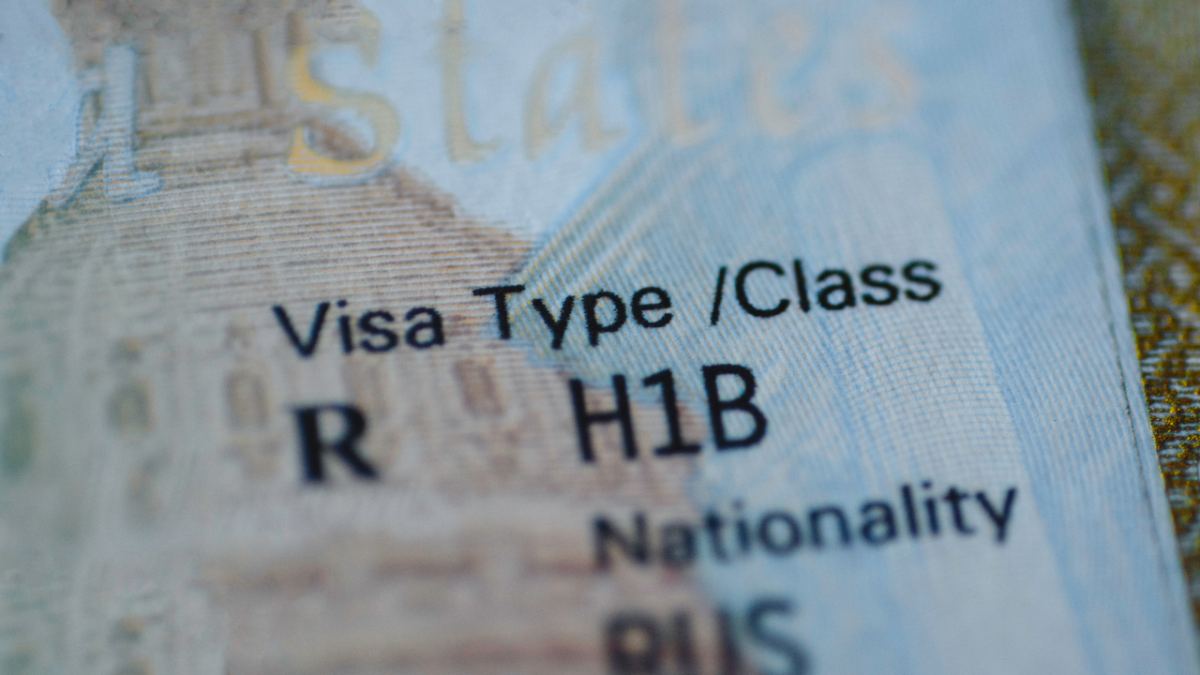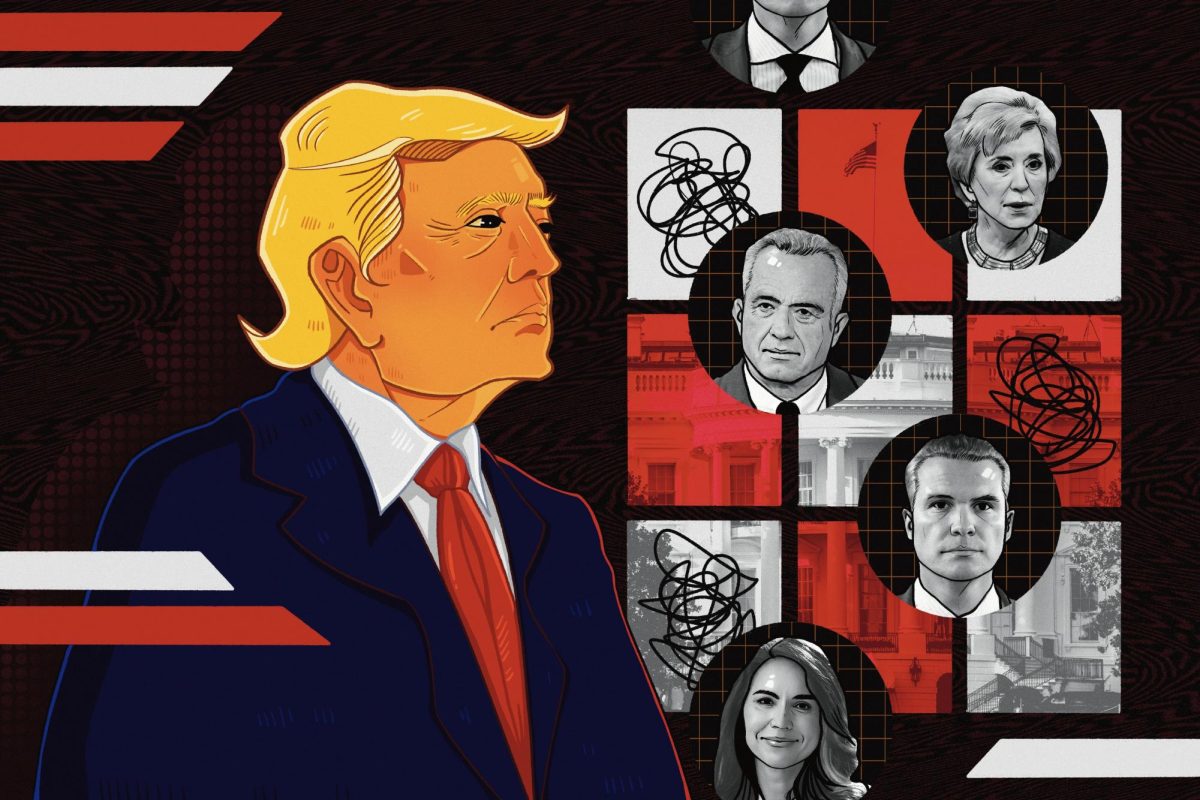Born out of the ashes of World War II, the United Nations is an international organization composed of 193 countries that aims to peacefully resolve disputes, solve global problems, and set norms for governments. However, given the ever-increasing threats to international organizations and globalization, the first quarter of the 21st century has further strained relationships among nations, calling into question the U.N.’s ability to fulfill its purpose in maintaining global peace. Fortunately, the U.N. has the opportunity to gain credibility outside of trying to be a world government and should redirect its attention to fostering approval from the global community.
International organizations are tasked with an impossible mission; they are expected to enforce international laws, norms, and agreements without formal government legitimacy. For example, the U.N. does not have “hard power,” which inhibits its ability to intervene militaristically in response to violations of international rules and human rights abuses. It is unable to legislate or levy taxes out of fear that such actions would erode national sovereignty, effectively making the U.N. an advisory board rather than a successful peacemaking organization.
In 2023, the U.N. General Assembly meeting saw only one of the five veto-wielding permanent Security Council members: the United States. Chinese President Xi Jinping has never attended a General Assembly meeting in person, and Russian President Vladimir Putin risks arrest if he attends due to the International Criminal Court’s arrest warrant. Non-participation by these key players makes the U.N.’s ability to effectively mediate international conflicts essentially obsolete.
Despite these challenges, international organizations have existed since the end of World War I and seem to be sticking around. The U.N., in particular, has weathered the Cold War and many other global crises; rather than anticipating its demise, the organization should focus on implementing reforms to enhance its legitimacy and effectiveness. Here are five steps the U.N. must take to consolidate its power.
1. The U.N. should utilize democratic initiatives to garner support.
The U.N.’s leaders are unelected, and it is controlled by the interests of the most powerful nations and the elite ruling class — not by the people. Because of this, the U.N. is often viewed as a “useless, incompetent, and corrupt” organization that does nothing to advance world peace. In order to shed its reputation as a smoke-filled backroom bureaucracy, U.N. leaders must behave as though their positions are contingent on winning a worldwide election. This would necessitate campaign events to connect leaders to constituencies, effective messaging, and coalition-building. Democratic elections may not be feasible, but seeking out public support through campaign-like efforts would equip legislators with the tools to cater more closely to public needs.
2. The U.N. should implement a large-scale marketing campaign for those without a college degree.
Most people only learn about the U.N. Charter and its Sustainable Development Goals once they acquire a college-level education, which only 6.7% of the world population receives. To resolve this, the U.N. secretary-general should attend major political events, start a media blitz, and utilize social media to reach out to the global population. U.N. leaders should speak at secondary schools across the world and call on heads of states who refuse to recognize the U.N.’s legitimacy to acknowledge its foundational role in international affairs. This would develop global civic engagement through the U.N., reminding people about the organization’s capabilities and what it has achieved. If the U.N. remains inaccessible to the average person, it will always be seen as an elitist club.
3. The U.N. should create an international jobs guarantee.
One of the best ways to gain legitimacy is to implement policies that make tangible changes to people’s lives. Two billion people, or 60% of the global workforce, work in the informal labor sector. This means that they are working in low-paying jobs with poor working conditions. An international jobs guarantee would grant employment to individuals who need them, lifting people out of poverty and poor economic situations. To prevent crowding out private employment, the U.N. could make this guarantee temporary or collaborate with private companies to help co-finance this endeavor.
4. The U.N. should focus on setting achievable goals.
The U.N. has set itself up for failure by adopting overly ambitious goals it cannot realistically achieve. The U.N. is set to fall short of all 17 of its SDGs that it set out to reach by 2030, perpetuating the sentiment that the U.N. is a failure of an organization. In order to prevent deepening this, the U.N. should focus on smaller goals that it knows it can achieve. Reframing the goals of the U.N. would transform its public perception into a successful organization that is addressing international conflicts within its scope, alleviating concerns that the U.N. is an obsolete agency.
5. The U.N. should cultivate its reputation by making its secretary-general a global celebrity.
A core problem with the U.N. is that few know the specifics of its capabilities, functions, and leadership. The U.N. has no “north star” leader — like the U.S.’s Abraham Lincoln or George Washington — who serves as a guide for how a person in power should act. Besides astute political observers, it’s safe to assume that most people do not know who the U.N. secretary-general is, while they know who the American, Chinese, and Russian heads of state are. This leads individuals to depend on national leaders to solve global problems rather than looking to the U.N. To regain legitimacy, the U.N. needs a great statesman capable of rallying global support and becoming the go-to authority for solving international problems. This would help shift the focus from national leaders to the U.N., strengthening its influence.
The U.N. stands at a critical inflection point, now facing unprecedented challenges to its legitimacy and effectiveness. To create a tangible impact, the organization must fundamentally transform its communication approach with its citizens and move beyond ineffective, symbolic bureaucratic structures. As global challenges become increasingly complex, the U.N.’s success depends on its ability to adapt, engage, and deliver effective solutions.














